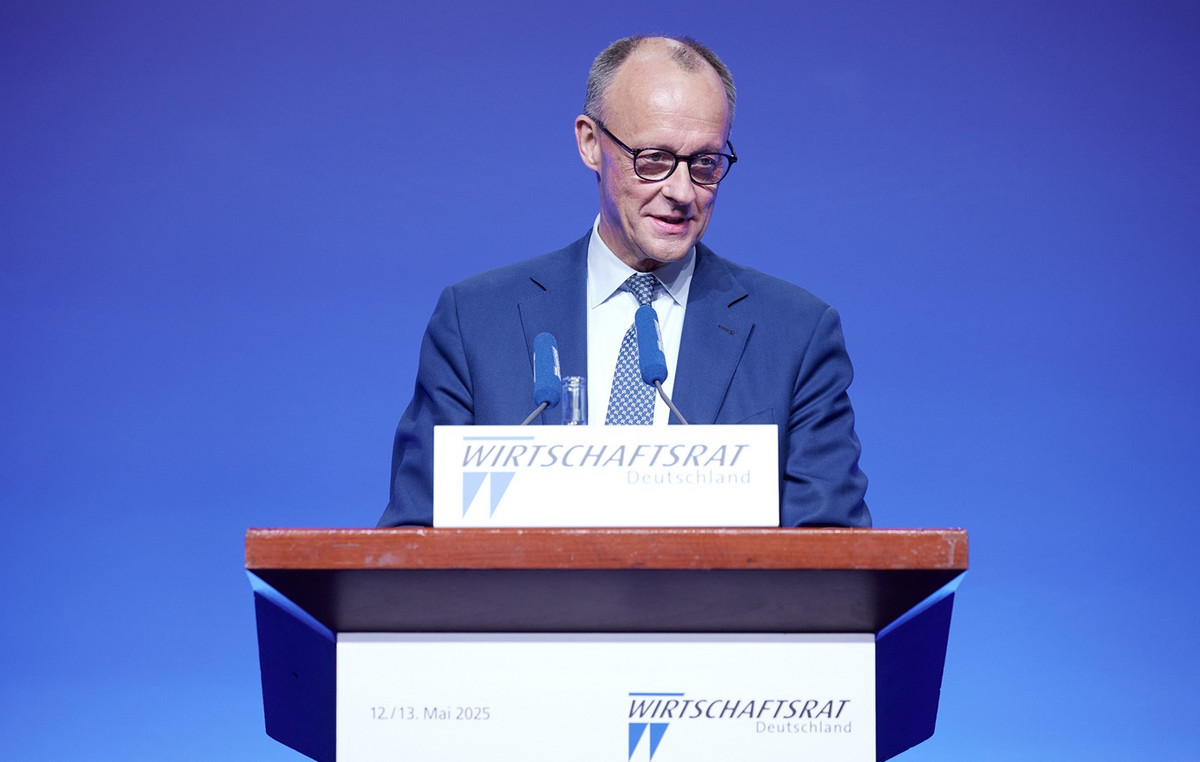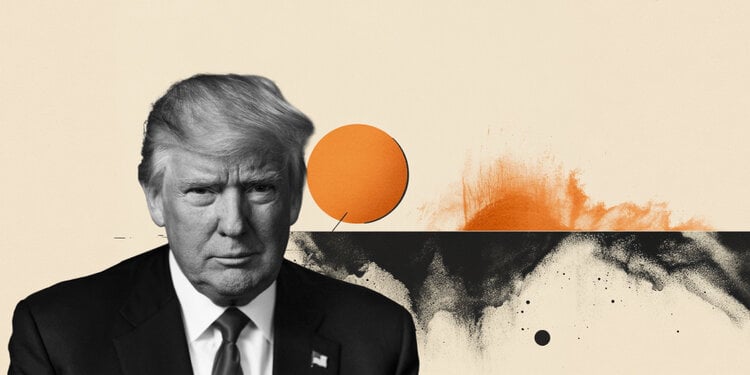Japanese author Rie Kudan revealed an unusual fact when receiving one of the most prestigious literary awards in Japan last Wednesday (17). During the awards ceremony, she admitted that she had help from an unusual source: ChatGPT.
“I intend to continue to profit from the use of Artificial Intelligence in writing my novels, while at the same time letting my creativity express itself to the fullest,” said the 33-year-old, who received the Akutagawa Prize for best work of fiction written by a promising new writer.
The author stated at a press conference that about 5% of her book “The Tokyo Tower of Sympathy” – which was praised by committee members as “practically perfect” – was generated word for word by AI.
The novel revolves around the dilemmas of an architect tasked with building a comfortable prison in Tokyo where lawbreakers are rehabilitated, and features AI as its theme.
Kudan said that in his own life, he would consult ChatGPT about issues he felt he couldn't tell anyone about. “When the AI didn’t say what I expected,” she said, “sometimes I reflected my feelings in the main character’s lines.”
The author is not the first artist to generate controversy by using artificial intelligence, at a time when many creatives feel their livelihoods are threatened by technology.
Last year, Berlin, Germany-based photographer Boris Eldagsen withdrew from the Sony World Photography Awards after revealing that his winning photograph in the creative photography category was created using the technology.
Meanwhile, authors including George RR Martin, Jodi Picoult and John Grisham joined a class-action lawsuit against OpenAI, the company behind ChatGPT, last year, saying the company used copyrighted work while training its systems to create more human responses.
And more than 10,000 authors, including James Patterson, Roxane Gay and Margaret Atwood, signed an open letter calling on AI industry leaders to obtain consent from authors when using their work – and to compensate them fairly when they do so.
Writer and awards committee member Keiichiro Hirano turned to X, the social media company formerly known as Twitter, to say that the selection committee did not see Kudan's use of AI as a problem.
“It seems that the story that Rie Kudan's award-winning work was written using generative AI is misunderstood… If you read it, you will see that generative AI was mentioned in the work,” he wrote.
“There will be problems with this type of use in the future, but that is not the case with 'Tokyo Sympathy Tower'.”
While some on social media expressed interest in Kudan's creative use of AI and said they were now more interested in his work, others called him “disrespectful” to other authors who wrote without the help of technology.
Source: CNN Brasil
Charles Grill is a tech-savvy writer with over 3 years of experience in the field. He writes on a variety of technology-related topics and has a strong focus on the latest advancements in the industry. He is connected with several online news websites and is currently contributing to a technology-focused platform.







